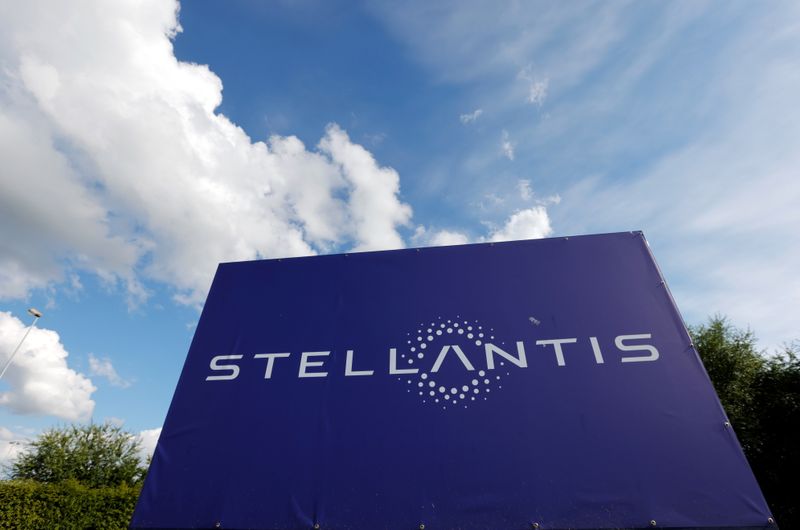RIO DE JANEIRO, BRAZIL – Stellantis, the company formed by the merger of Fiat Chrysler and Peugeot/Citroen, has set a goal of having up to 20% of its sales in Brazil to come from electric vehicles by 2030. Today, participation is still meager, as the group has only begun marketing the segment.
“In Brazil, we will see a gradual increase in the electrification market and a consolidation of flex technologies (ethanol-based technologies). As Stellantis, we also want to be a leader in the electrification market,” said Antonio Filosa, president of the group in Latin America, at an event with journalists on Thursday (17).
“The key to the success of the automotive market in Brazil is localization. If we want to achieve this goal by 2030, we have to decide which and when to localize these technologies. Because in addition to everything we have positive for ethanol, we can launch an industrialization route for electrification technologies, both from Stellantis plants and suppliers. This means developing work, attracting investment, and qualifying jobs,” said the CEO.

In Latin America, the group has invested in developing hybrid vehicles that combine ethanol and electrification. This adaptation of the technology to the local market also makes the product more affordable amid an increase in average car prices due to the introduction of new technologies and commodity inflation.
“Ethanol is a Latin American specificity that has excellent performance and allows, at least for a few years, to avoid the main costs of electric vehicles. It is a way to adapt the technology to the needs of society here, which is very positive,” said Carlos Tavares, Global President of Stellantis.
One of the biggest challenges to developing the electric vehicle market is the global shortage of semiconductors. Currently, the item is already a significant bottleneck for the automaker’s production and other companies in the sector, which have produced below their capacity and demand for lack of parts.
The problem is even more significant considering that the industry is focused on the electric segment, which requires more semiconductors than regular cars.
For Tavares, the product shortage situation will not change this year. “I don’t expect any improvement this year; I think it will be similar to 2021, I don’t think the situation will normalize before 2023,” he says.
According to the managing director, the West has already realized that semiconductor production capacity in Asia is insufficient to secure supplies for the industry, especially given the increasing focus on the electric vehicle market.
He points out that countries in Europe and the United States are already making significant investments to increase the global supply of this component, but that these efforts will not yield results for three to five years.
Asked about the impact of the war between Russia and Ukraine, Tavares notes that there are risks to the global logistics chain but that the group has not yet been significantly affected from an economic perspective. However, he reiterates his concern about the conflict and growing geopolitical tensions.
“Our world is moving toward more global problems, such as global warming and scarcity of raw materials. At the same time, we are creating geopolitical tensions fragmenting the world. We are in a situation of divergence that will not lead us to better times,” said the executive director.
With information from Valor

